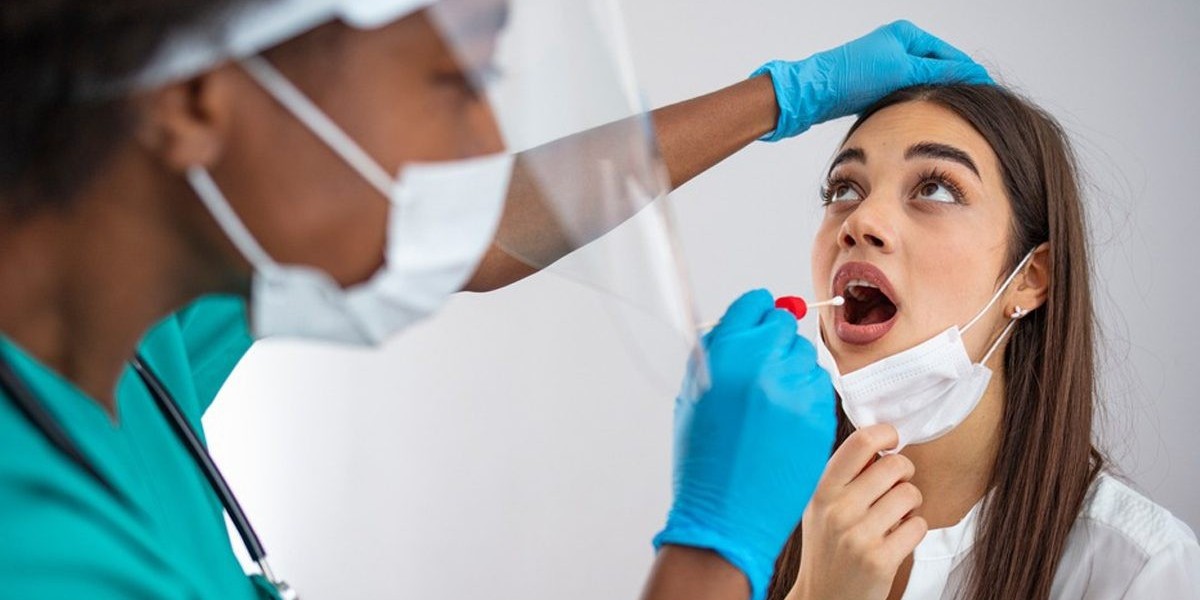Travel has always been about adventure, new experiences, and the joy of exploring different corners of the world. But in the last decade, the way travelers think about safety and health has completely changed. What used to be an afterthought is now one of the most important deciding factors when people book a flight, hotel, or tour package. Health and safety are not just industry buzzwords; they’re real expectations that shape how destinations and businesses adapt to a global audience.
This article explores the key health and safety trends that are influencing the future of travel. From new hygiene standards and technology-driven solutions to wellness-focused services, these trends are redefining the way travelers choose and experience their journeys.
The Shift Toward Health-Conscious Travel
The pandemic accelerated a transformation that was already underway. Even before, travelers were beginning to prioritize safety, but global health crises magnified this trend. Now, travelers expect clear communication about health protocols, reassurance about cleanliness, and quick solutions for medical needs.
Hotels, airlines, and tour companies understand that failing to address these expectations can lead to lost trust. As a result, the travel industry is increasingly health-conscious. Guests now look for properties with air purification systems, sanitized high-touch surfaces, and transparent policies on hygiene practices. Travelers are also more likely to book with brands that showcase a proactive approach to health and safety rather than those that rely on outdated systems.
Technology as the Backbone of Safer Travel
Technology has become the backbone of health-focused travel experiences. Contactless check-ins, mobile boarding passes, and digital concierge services are no longer luxury perks but essentials. These innovations minimize physical contact and reduce the risk of spreading germs, making travel feel more secure.
Health monitoring apps are another growing trend. Many airlines and hotels encourage travelers to use digital health passes that display vaccination records or recent test results. This not only speeds up boarding and check-in processes but also creates a sense of shared accountability for keeping travel safe.
Artificial intelligence is also playing a part in predicting potential health risks by analyzing traveler patterns, weather data, and regional health alerts. This allows companies to warn or reroute guests in advance, keeping them informed and safe.
Elevated Hygiene Standards
Cleanliness has always mattered, but now it’s a key selling point. Hotels emphasize enhanced cleaning protocols, often highlighting their use of hospital-grade disinfectants and frequent sanitation of high-traffic areas. Airlines also promote HEPA filters and regular deep cleaning between flights.
What sets this trend apart is how openly companies communicate these measures. Guests want to know the details, from how often elevators are sanitized to whether linens are washed at higher temperatures. Transparency builds confidence, and many brands now use signage, apps, and even videos to show their commitment to hygiene.
The Rise of Wellness-Oriented Travel
Health and safety are not just about avoiding risks. Travelers are also increasingly drawn to experiences that promote wellness. Yoga retreats, meditation sessions, spa treatments, and nutritious dining options have become mainstream in the travel industry.
Many hotels and resorts now design entire guest experiences around holistic well-being. Gyms are no longer tucked-away facilities but feature prominently as part of the guest offering. Properties also introduce personalized wellness packages that include sleep optimization, stress management, and curated exercise routines.
For business travelers, wellness integration means healthier food choices during conferences and hotels equipped with spaces designed to reduce stress and improve productivity.
Medical Support as a Standard Amenity
Travelers today want reassurance that if something goes wrong, help is nearby. As a result, medical support has started to become a standard amenity in many hotels and resorts. Some properties employ on-call nurses, while others partner with telemedicine providers for virtual consultations.
In certain cases, the service goes even further. For example, travelers might find access to a doctor at hotel for quick, on-site assistance. This type of service is especially valued by families, older travelers, and guests visiting remote destinations where access to clinics or hospitals may not be immediate. Having medical professionals available provides an extra layer of comfort and can make a property stand out in a competitive market.
Sustainability and Health Intersect
Another interesting trend is the connection between sustainability and safety. Travelers are becoming more aware of how environmental health affects personal health. Eco-friendly accommodations, clean air initiatives, and locally sourced food are not only good for the planet but also enhance the guest experience.
For instance, hotels that reduce chemical use in cleaning not only help the environment but also ensure rooms are healthier for guests with allergies or sensitivities. Similarly, properties promoting outdoor activities such as guided hikes or cycling tours encourage guests to connect with nature while staying active and healthy.
Personalization of Health and Safety
Personalization is a major expectation in today’s travel world. Guests no longer want one-size-fits-all solutions. Instead, they look for services tailored to their specific health and safety needs.
Hotels and travel companies now offer personalized dining options that accommodate dietary restrictions, allergy-friendly rooms, and fitness plans that adapt to each guest’s routine. Technology helps make this possible by collecting guest preferences and automating the customization process.
This approach extends to safety as well. Travelers with mobility challenges, for example, expect clear accessibility options, while families with children may prioritize childproof rooms and safe recreational facilities. Personalization ensures that health and safety measures are relevant and impactful.
Trust Through Transparency
Perhaps the most powerful trend shaping the future of travel is transparency. Modern travelers expect companies to communicate openly about risks, policies, and services. Hidden details or vague promises are no longer acceptable.
Brands that share their safety certifications, disclose their partnerships with health organizations, and clearly explain their protocols earn trust. This transparency extends to customer reviews, where past guests often comment specifically on how safe and cared for they felt during their stay.
Preparing for the Unexpected
The future of travel will always involve a degree of uncertainty, whether from health concerns, natural disasters, or global crises. Businesses that build resilience into their operations will be the ones that thrive.
Flexible booking policies, emergency response plans, and staff trained in crisis management are all essential. Guests need to feel confident that their health and safety are protected, even in the face of unexpected events.
Looking Ahead
Health and safety will remain at the heart of travel for the foreseeable future. The industry is moving beyond basic hygiene and emergency preparedness to embrace a holistic approach that integrates technology, wellness, sustainability, and personalization.
For travelers, this means greater peace of mind and the freedom to enjoy experiences without constant worry. For businesses, it means evolving to meet these expectations and standing out in a competitive market.
As health and safety continue to shape the industry, the future of travel looks not only more secure but also more enriching. Destinations and companies that make these priorities central to their services will earn the loyalty and trust of travelers worldwide.








